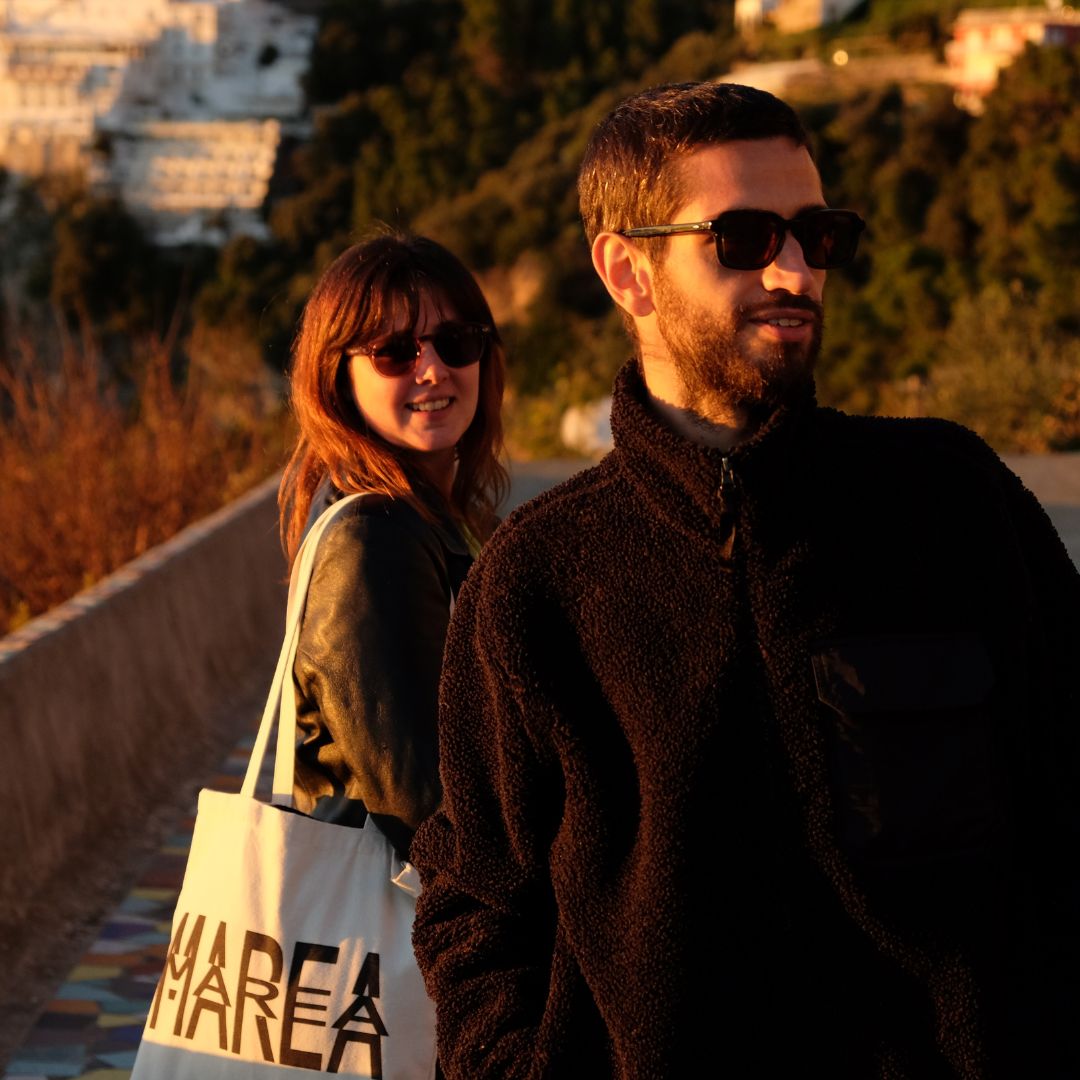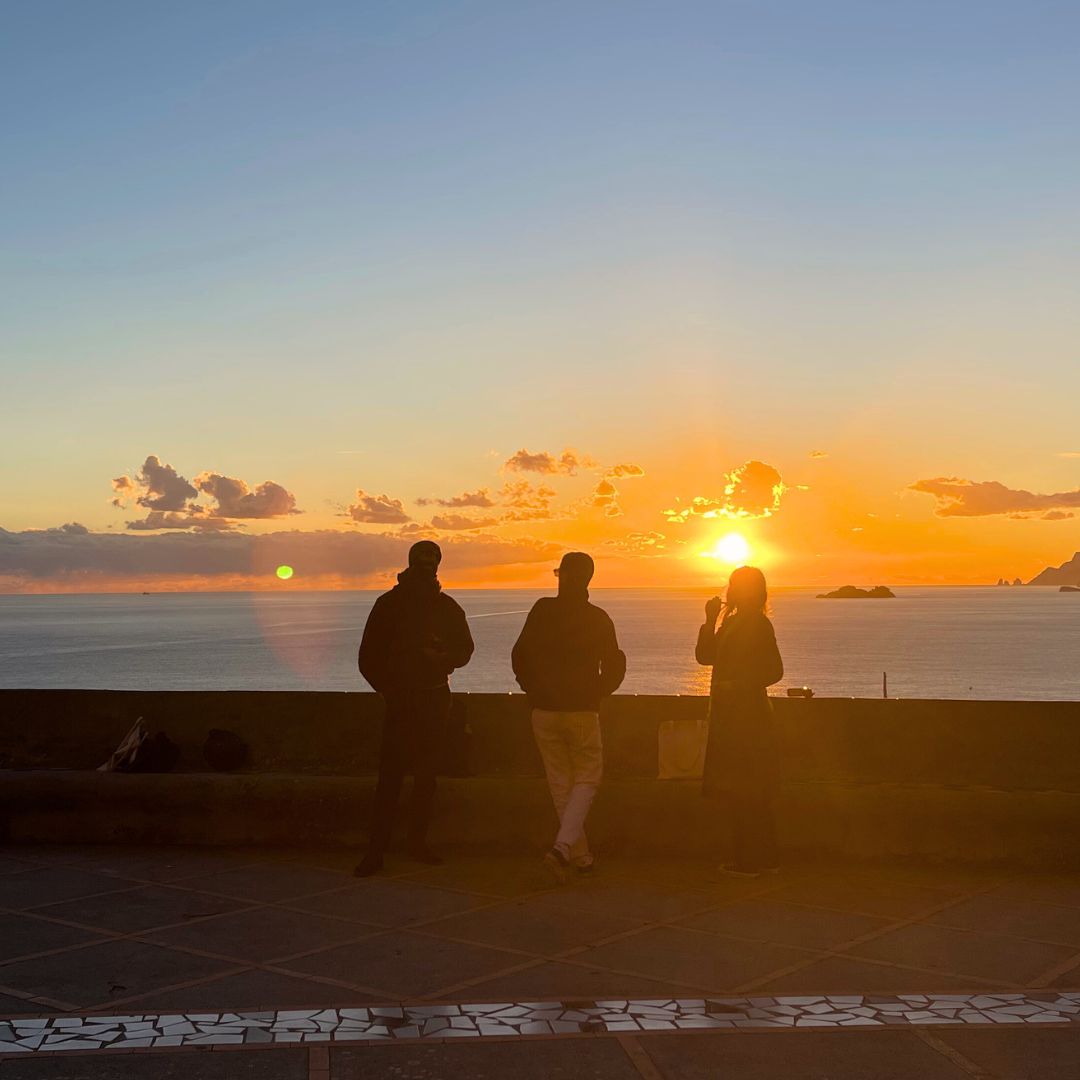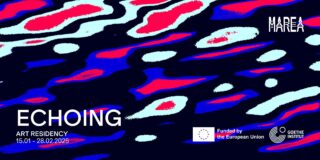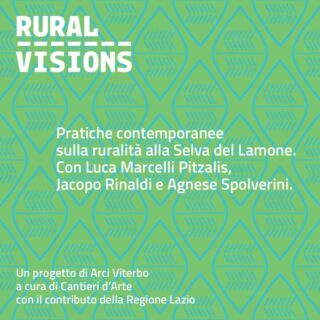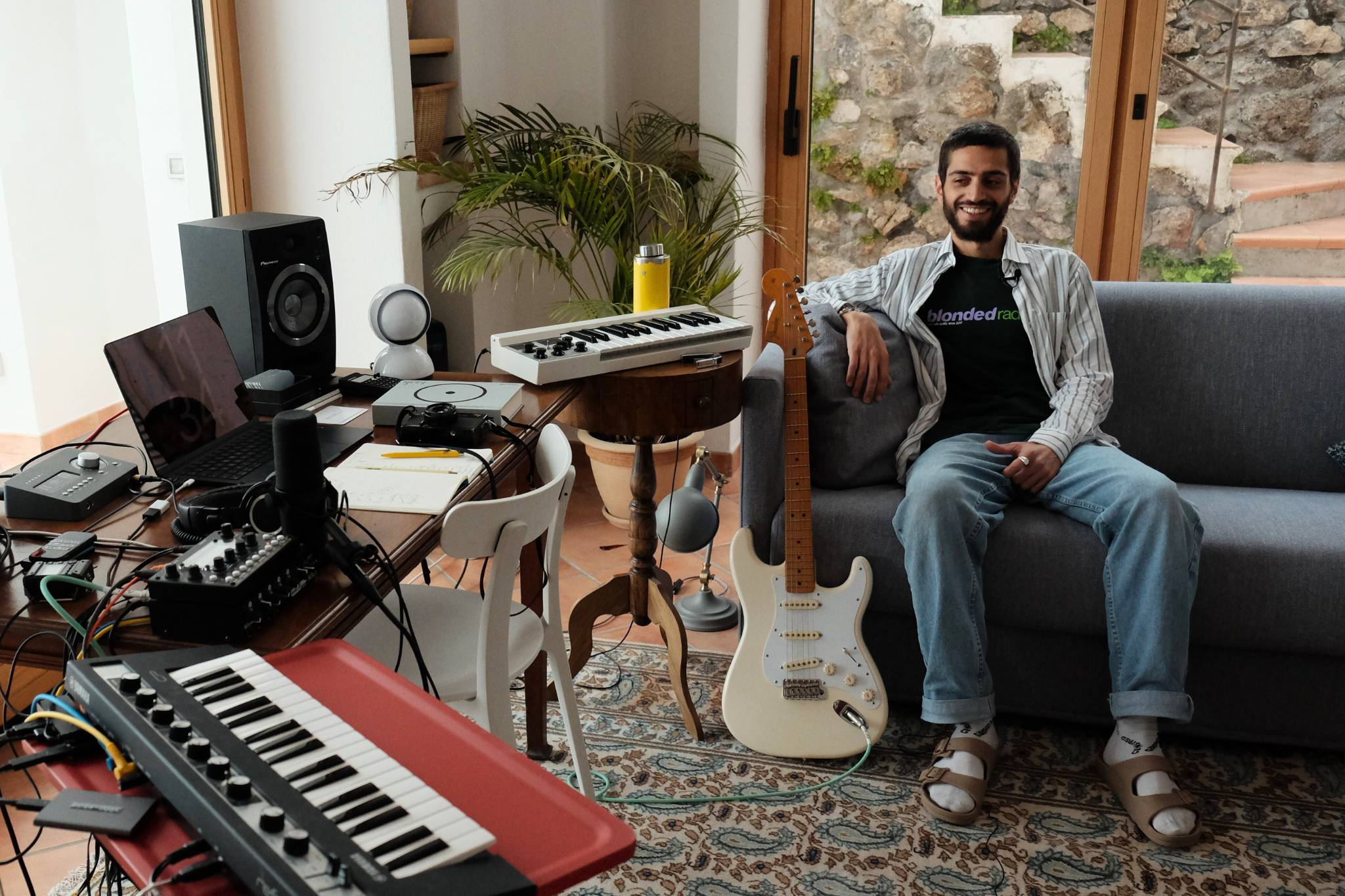
As part of the MAP project, with the support of Warner Chappell Music France, we hosted in Praiano Paco Del Rosso, a multi-instrumentalist and multifaceted composer based in Brussels.
After studying at the Lyon Conservatory of Music in 2015, he began his solo project, Sin Tiempo. Following the release of 'Blue', his debut EP, he experienced a rapid rise, opening concerts for many international artists and playing at important festivals.
Since 2019, he has gained visibility as a music producer for recognized artists in Europe and the United States, including Damso, Silly Boy Blue, Rimon, and Lucky Love. He also composed original soundtracks for short films and collaborated with contemporary artists, creating connections between music and the other arts.
During the artistic residency on the Amalfi Coast, Paco Del Rosso worked on Sin Tiempo, a full-length that will mark his first solo studio album, «a romanticized autobiography, narrated within the framework of fiction, very vivid and detailed, similar to the work of a director, but in musical form", working on the lyrics as if it was a screenplay and performing songs as if one was playing a part.
The album was designed in three acts, each representing a phase of life: childhood, adolescence, and adulthood. «The story I want to convey in this album is autobiographical: I drew a lot of inspiration from my cultural background, particularly from my Italian family roots and my childhood memories linked to my grandparents. The concepts of memory and its transmission were all sources of inspiration.»
With a hybrid and unique approach, Paco's sound represents the future of the French music scene. We interviewed him!
Thanks to Warner Chappell Music France and Valentin Zucca for making this residency possible.
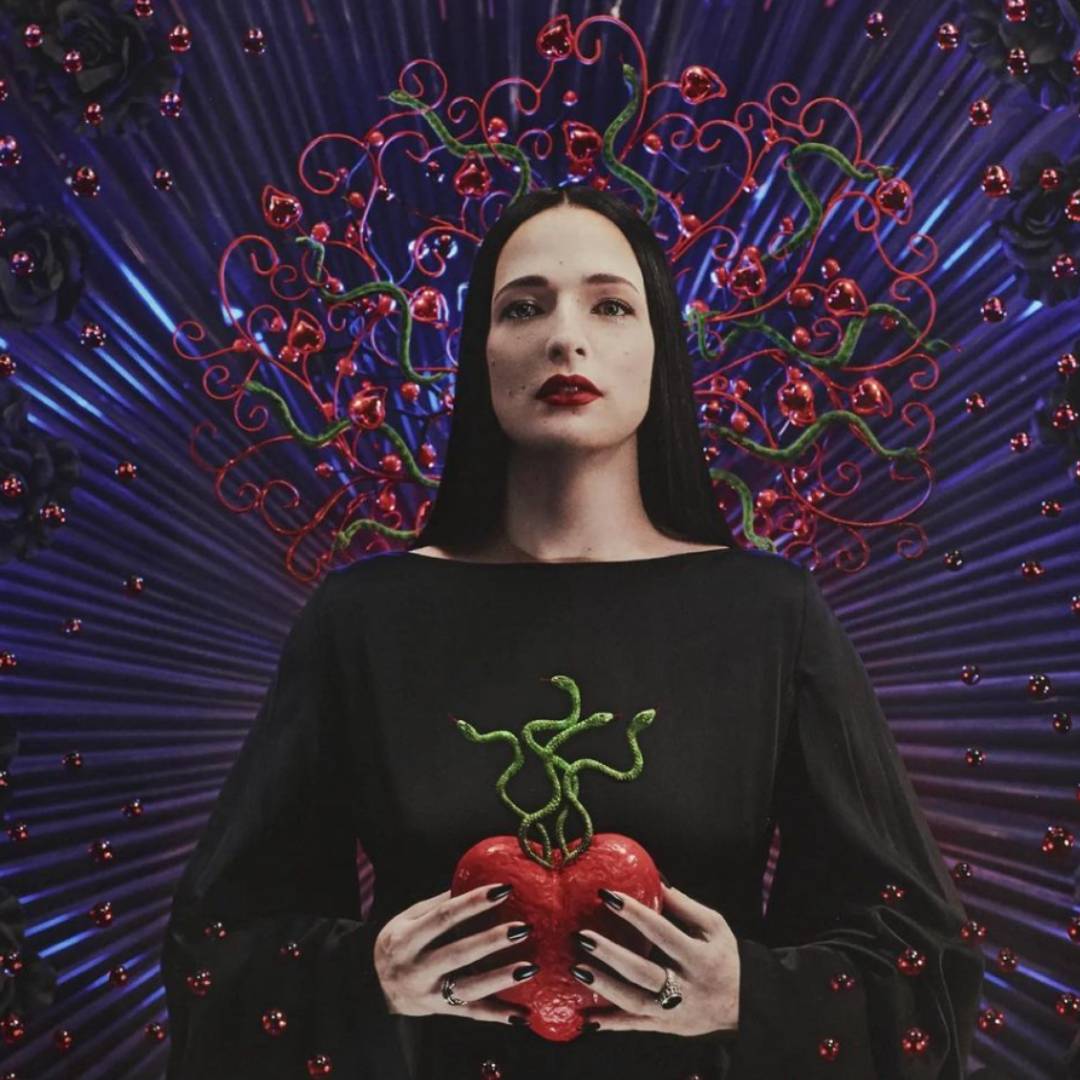
Marea: Hi Paco! Can you tell us who you are and what your artistic background is?
Paco: My name is Paco Del Rosso, and I am an artist, musician, and musical composer. I am from Lyon and currently live in Brussels. I attended the Lyon Conservatory's contemporary music section and subsequently carried out several projects with my musical groups and numerous concerts. I have also composed music for other artists of all genres, from rap to pop.
Marea: What is your favorite instrument or one you feel most comfortable with?
Paco: I don't know if I have a favorite instrument. It changes depending on the period of my life and what I'm working on. Generally speaking, the guitar is the instrument I feel most in tune with. But it can change depending on the project I'm working on. For example, for the project designed for Praiano, I used the mellotron a lot, it was my point of reference.
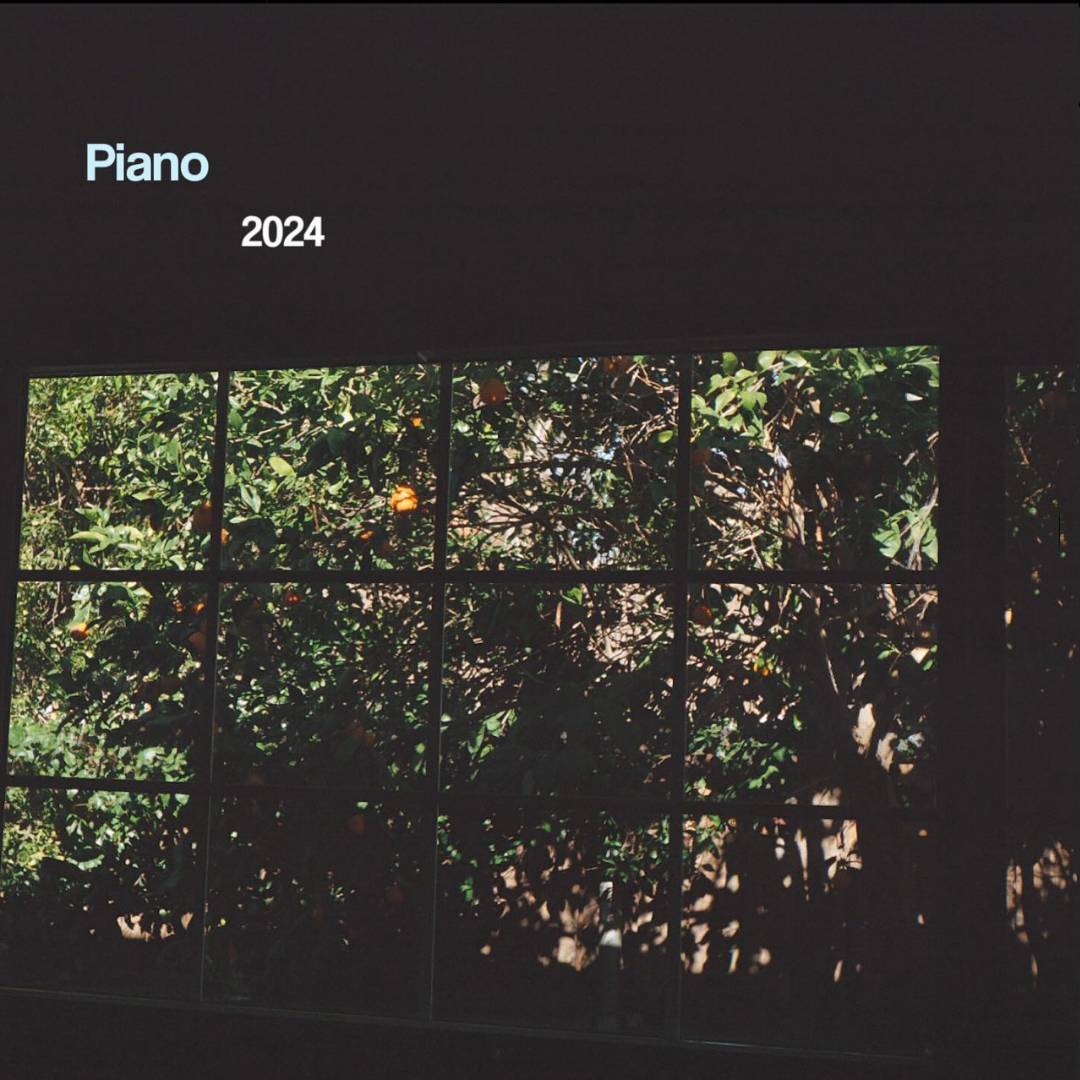
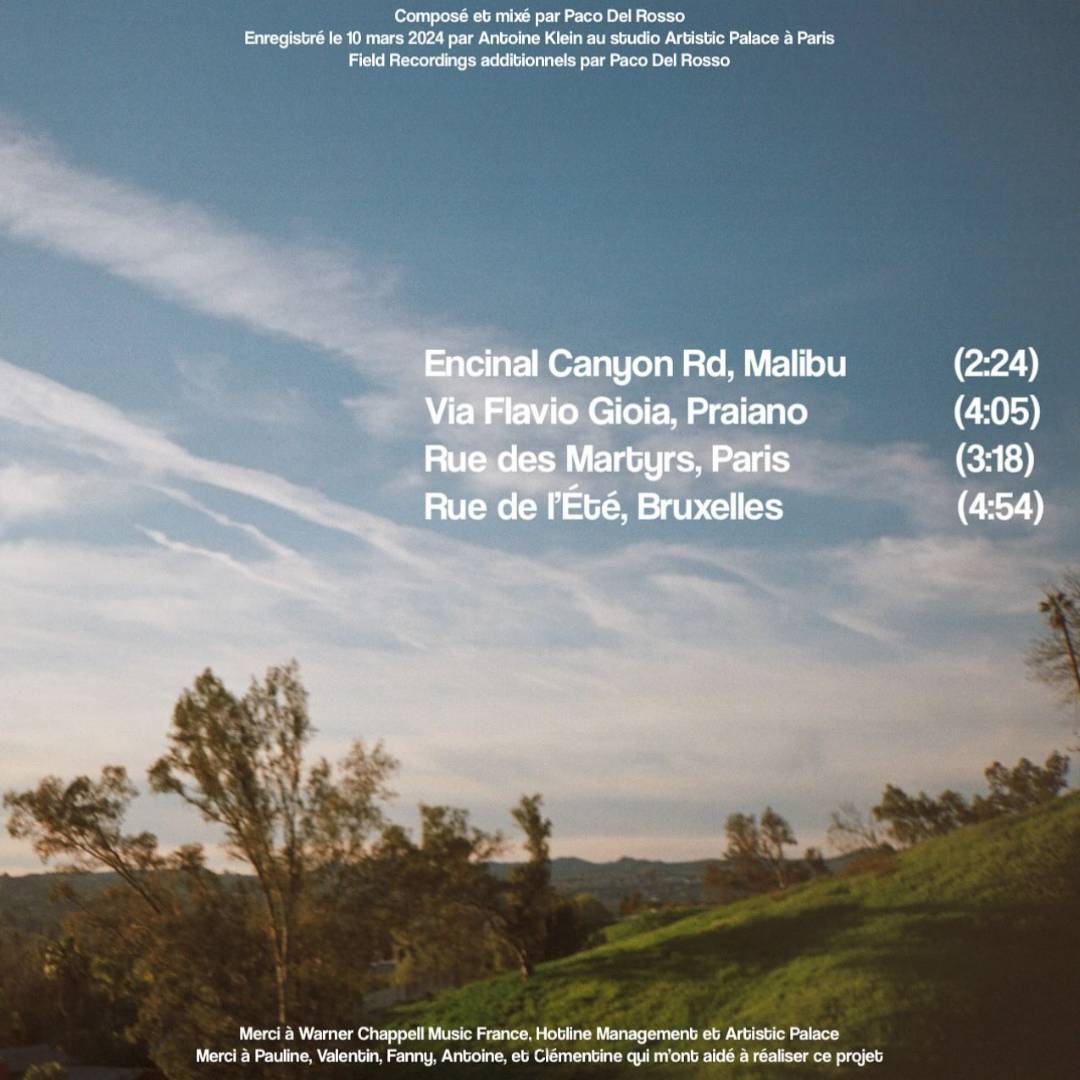
Marea: From Paris to Brussels and now Praiano. What did you work on during your time on the coast? What was it like spending two weeks here? What ideas came up?
Paco: In Praiano, I worked on my personal project that I had been putting off for years, and when my dear friend Roberto suggested that I come and develop it here, I thought it was the right time to do it. And I'm very happy about it. It's funny because when I arrived in Praiano I had a precise idea of what I wanted to say and how I wanted to tell it. But then I left myself a lot of freedom because when you are in a place, it is important to consider where you are, which considerably influences the research and production process. I came away with an idea similar to the one I had at the beginning, but immensely enriched by everything I experienced here, and with a much clearer definition of the music, the sound, and the story I wanted to tell.
Marea: How did the residency go? Did it enriched the creative process? Are there elements of the Amalfi coast that have inspired you?
Paco: What inspired me the most here in Praiano, even from Casa L'Orto where we lived, was the infinite view of the water all the time. The sea is always there, and at the same time, it is different every day, and even during the day, it changes a lot from morning to evening. It's a constant point of reference, really. It is always a source of inspiration, an inexhaustible source. But this surrounding lush vegetation, the colors, the sky, and all the nature surrounding me is truly something precious for artistic creation.
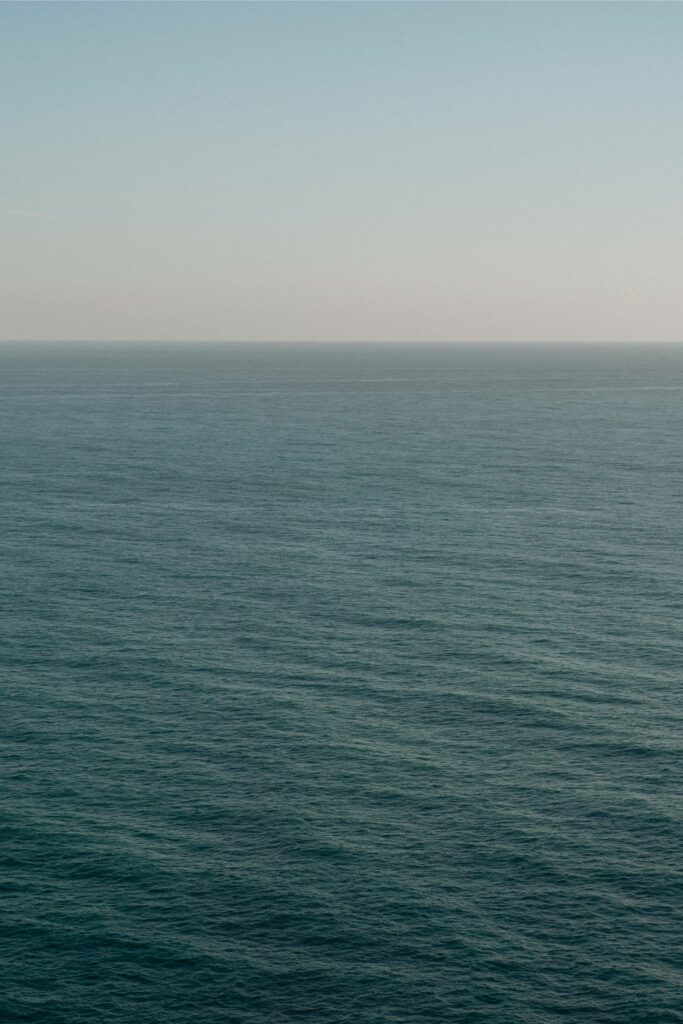
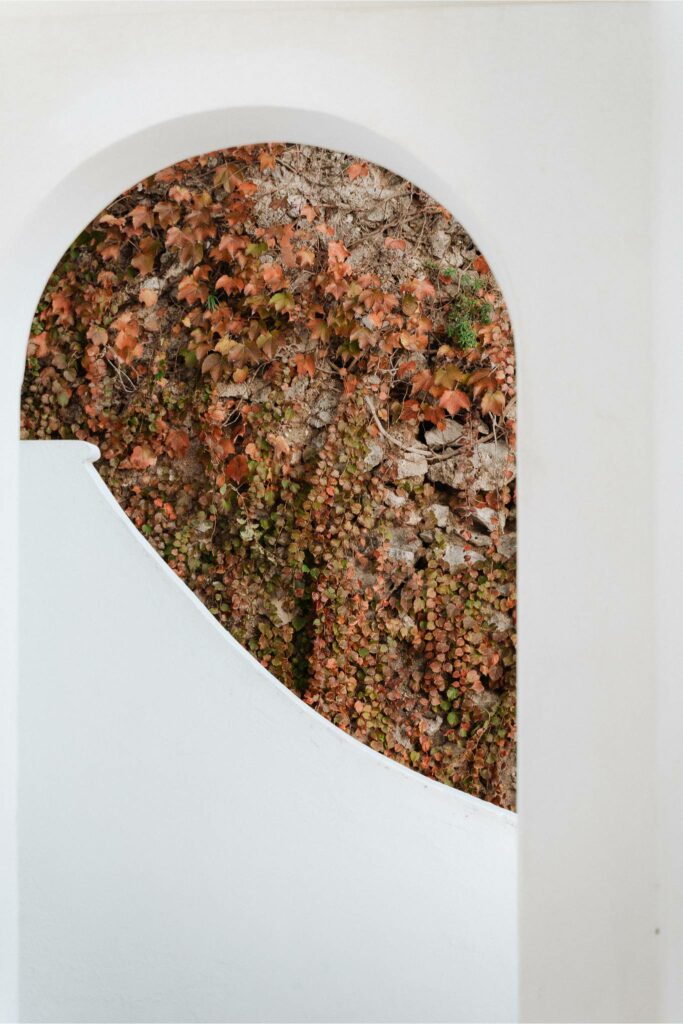
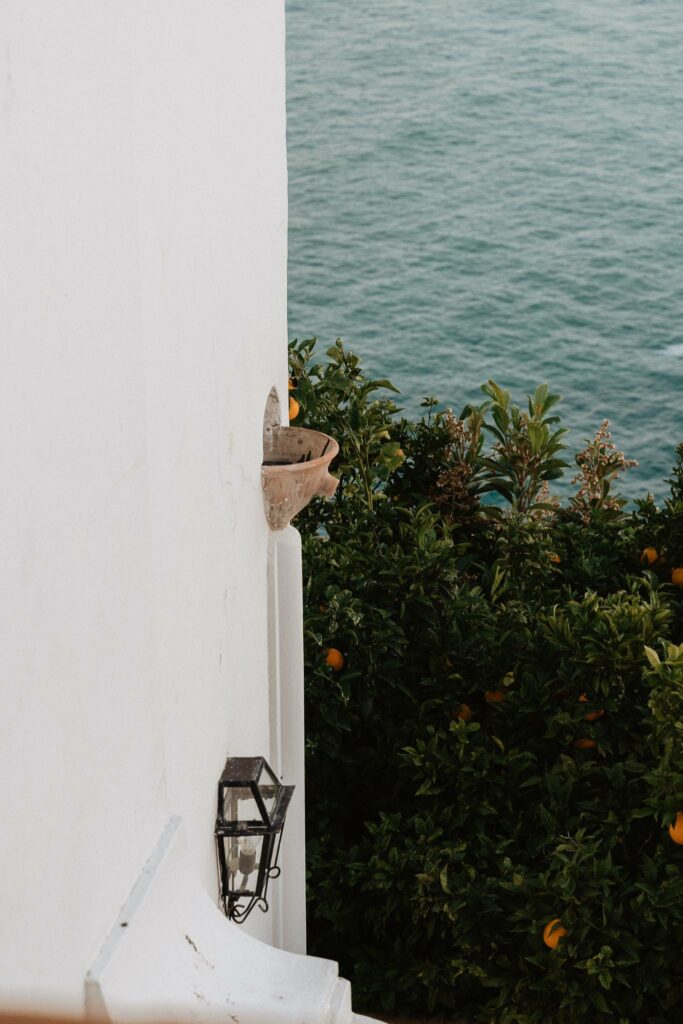
Marea: You usually work in big cities, you move often. What does it mean to isolate yourself in a small town and take time for yourself? What value can it have in an artistic process?
Paco: Isolating yourself and being in a place like Praiano, outside the big cities, is very, very important. It's even essential, especially when you need to put your heart and soul into a project. For me, it has been extremely beneficial to be able to afford that, away from everything else, even current events. Not seeing what's going on outside and focusing on the present moment and creating—I think it's really very important, even primal.
It gives you access to inspiration. More than two weeks is needed in Praiano. I could stay for two months. But it was enough because it gave me a good base to think and create, but it also makes me want to return. I am satisfied with what I could create and infuse into the project. It gave me a structure and a good directive line. Now I will have to focus on the lyrics of the songs and go much deeper, and it's good to do that after this experience. will use the memory and the feelings I had here to infuse the lyrics with the nostalgia I want to convey.
Marea: Regarding the sound, the artists who know Casa L'Orto say that the wind speaks here. Are there elements, rhythms, and temporalities that inspired your research?
Paco: In my initial project idea, I wanted to dedicate an essential part of the design, particularly instant sound recordings captured on the fly. So, I recorded a lot, especially the chirping of birds. The weather was splendid, and there were a multitude of them.
I recorded the voices of the wind, the sea, the different environmental noises, even the people chatting, and so on. In fact, the thing that struck me the most was the reverberation of the space in which I worked: it seems more like a chapel than the living room of a house, and one might think that this is a negative element due to too much resonance.
In fact, I tried to make good use of it. I could have changed rooms, a room with a different sound. I liked what was happening. It was a coincidence because it happened at the right time: it was connected to a mood with a precise meaning, or at least I tried to look for one, and this is what happened.
As a result, I recorded many voices as if they were a choir, and I also moved the microphones around the room to enhance the sound of the space. This will greatly contribute to the project's sonic identity.
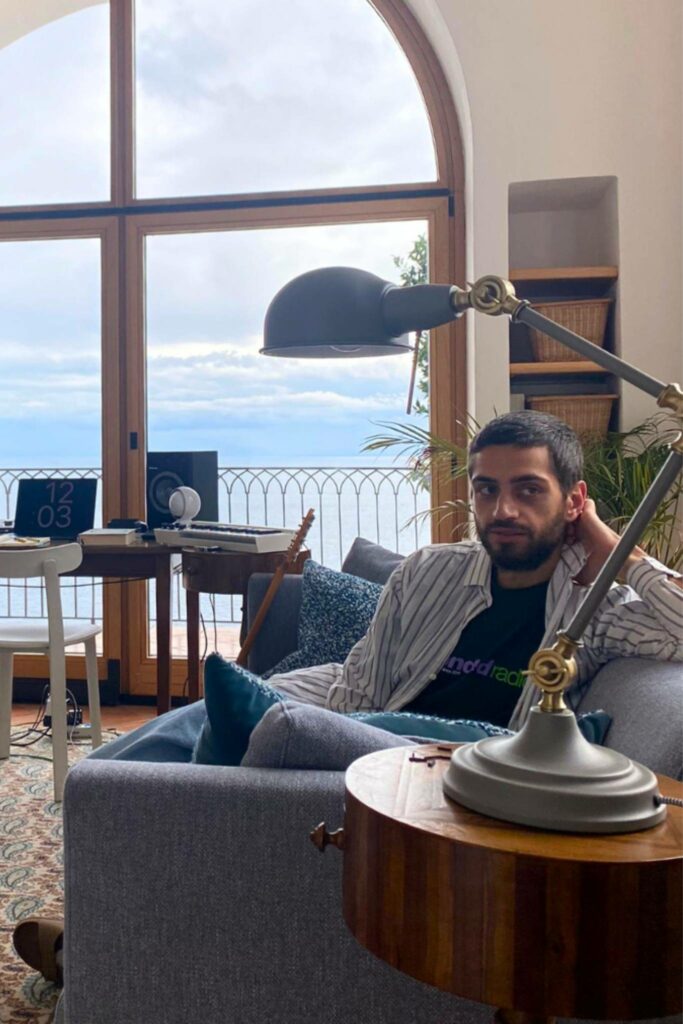
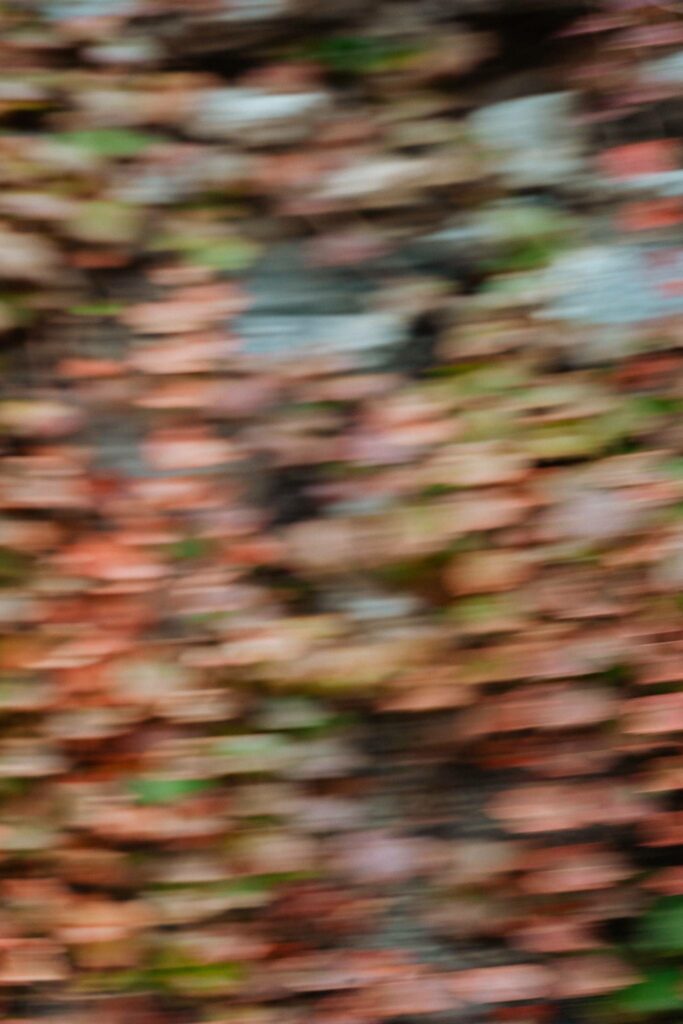
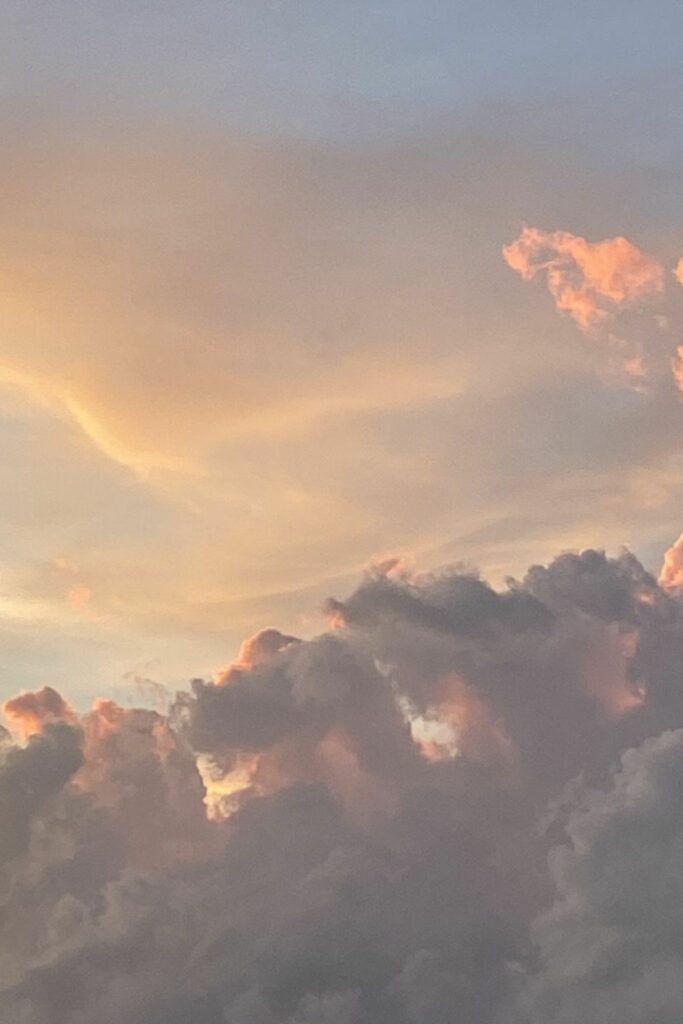
Marea: Speaking of chapel, we went to the Congrega del Rosario in Praiano, where the house of music was born in 2021, and you could play and record. How was this experience?
Paco: Yes, at the end of my residency, I was lucky enough to play the piano in the chapel next to the church in Praiano. It was amazing. It was one of the places where I found the most beautiful piano sound I'd heard in a long time.
It's very different from what you can get in a music studio, where everything is designed to make the sound very detailed and tidy. However, I found a very strong emotional charge here, and I felt much more life in the instrument. That's one more reason why I'll have to come back here to record it.
Marea: You welcomed us into your studio in Praiano, a space dotted with drawings, books, and photographs. What connection do they have with the musical project?
Paco: I must use other tools besides sound in my projects. I often write my ideas in notebooks. It's also a way to get them out of my head and onto paper. To do this, I used a lot of images; for example, I printed many photos that sometimes had a meaning, sometimes not, or they were photos that summarized well the energy or idea that I wanted to put into a piece. So, I tried to create the album as if it were a film.
I included images that had essential meanings for me and helped me further my research. So, I created a storyboard to travel through during this period in Praiano. I went to the beach with Clémentine, with whom I shared this experience of residence and life. I collected pebbles and stones and used them in the same way to give a rhythm to the temporality of this place. I also used pencils that I found at home. Sometimes, it can be too linear to just make music; therefore, it is good to think about music in another form. This aspect is very important to me.
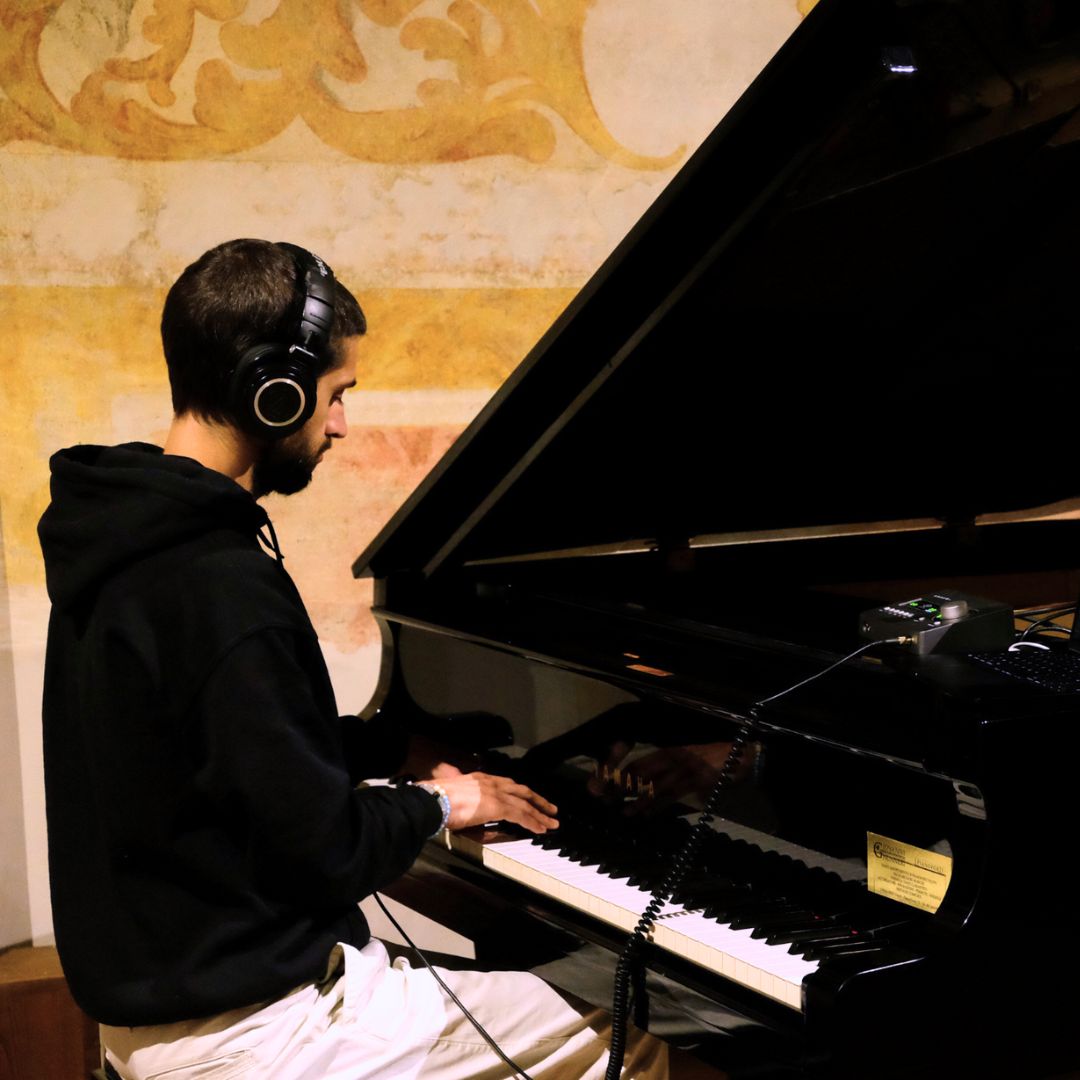
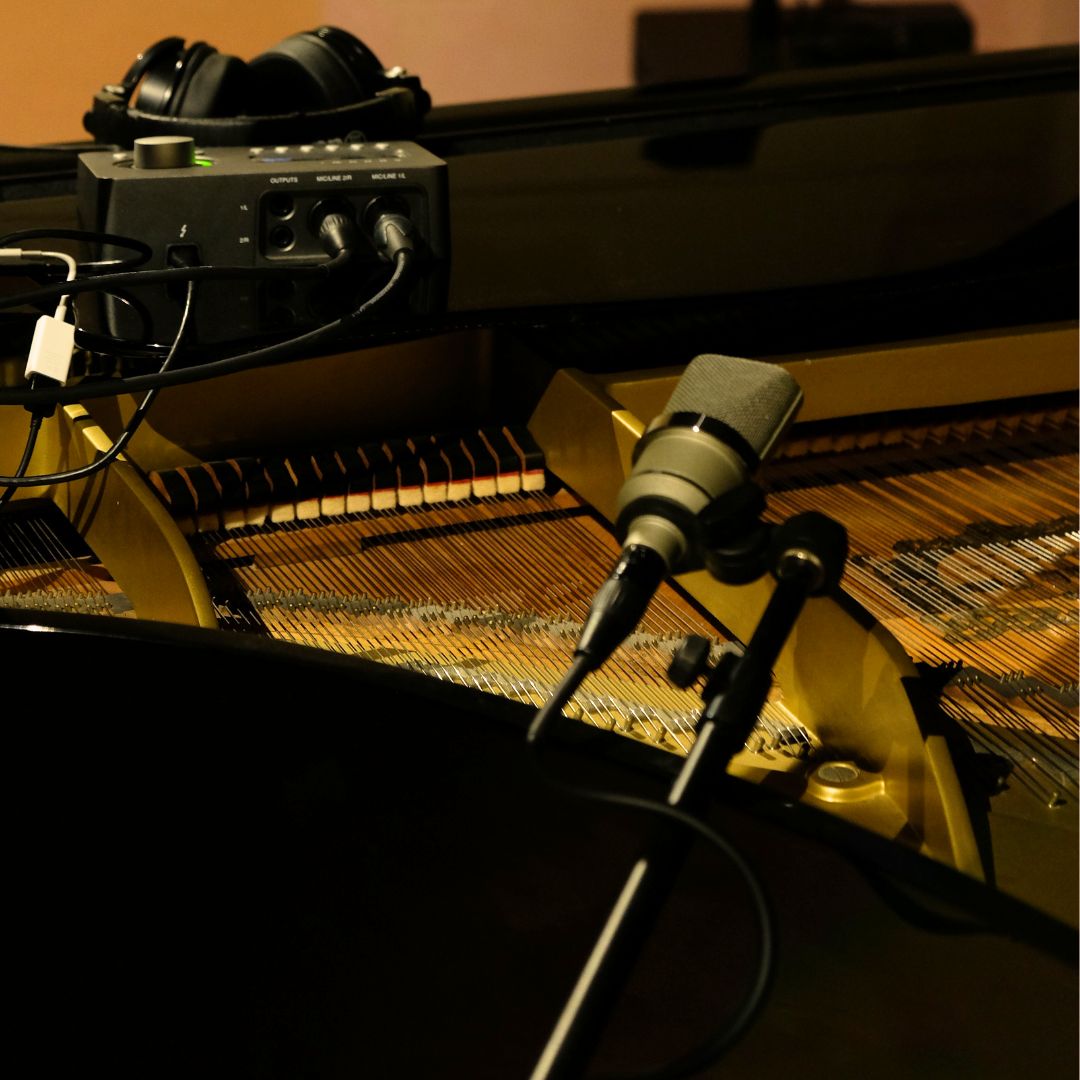
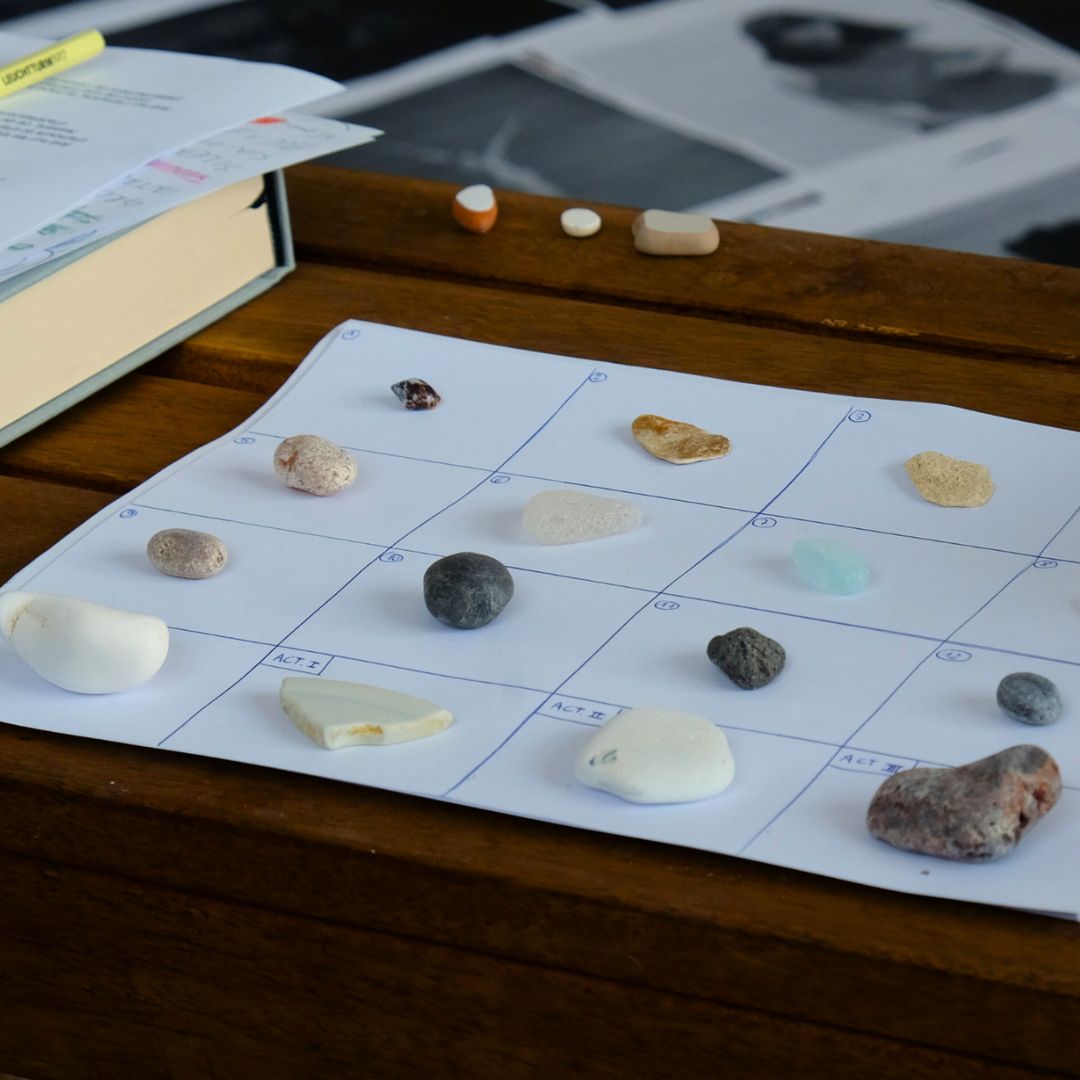
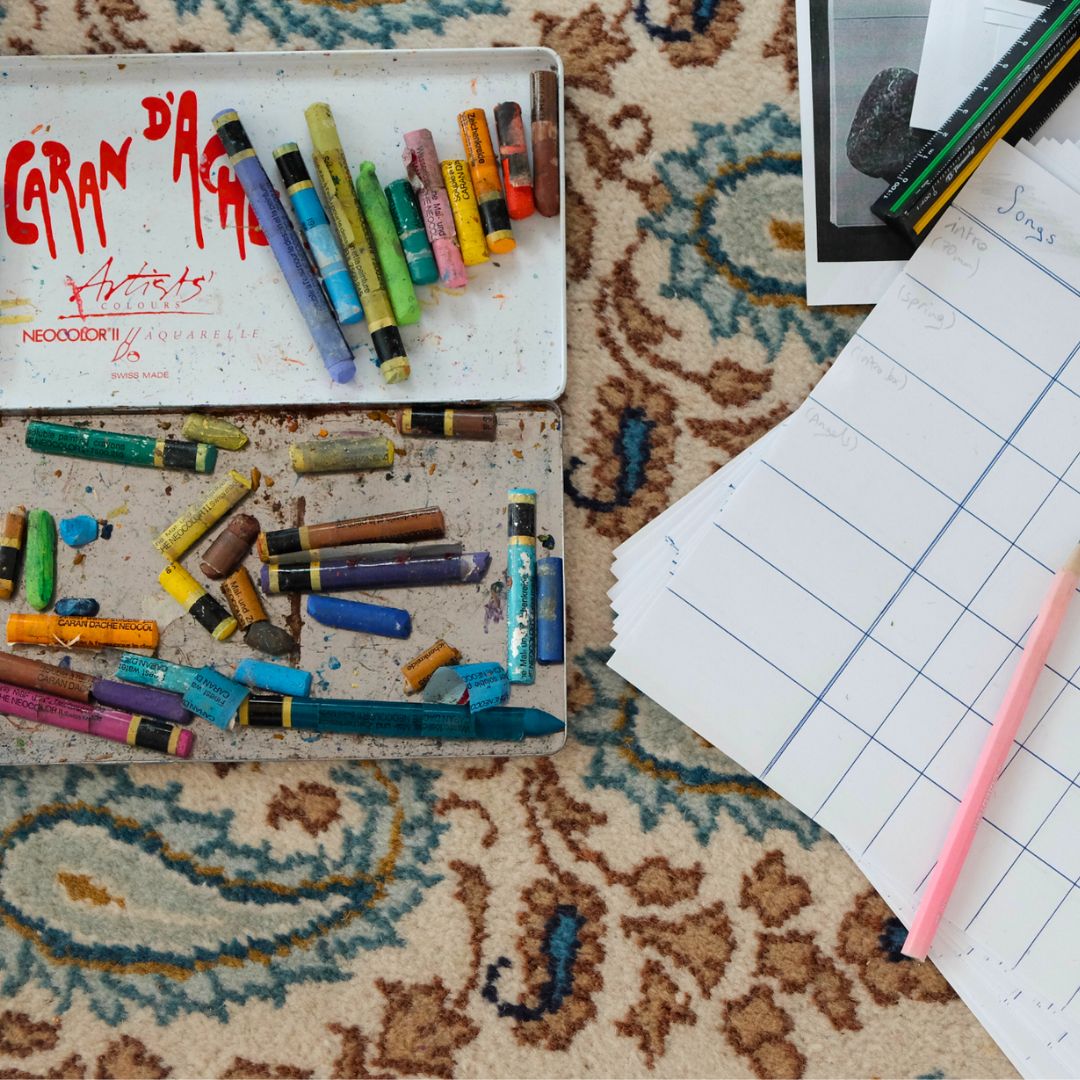
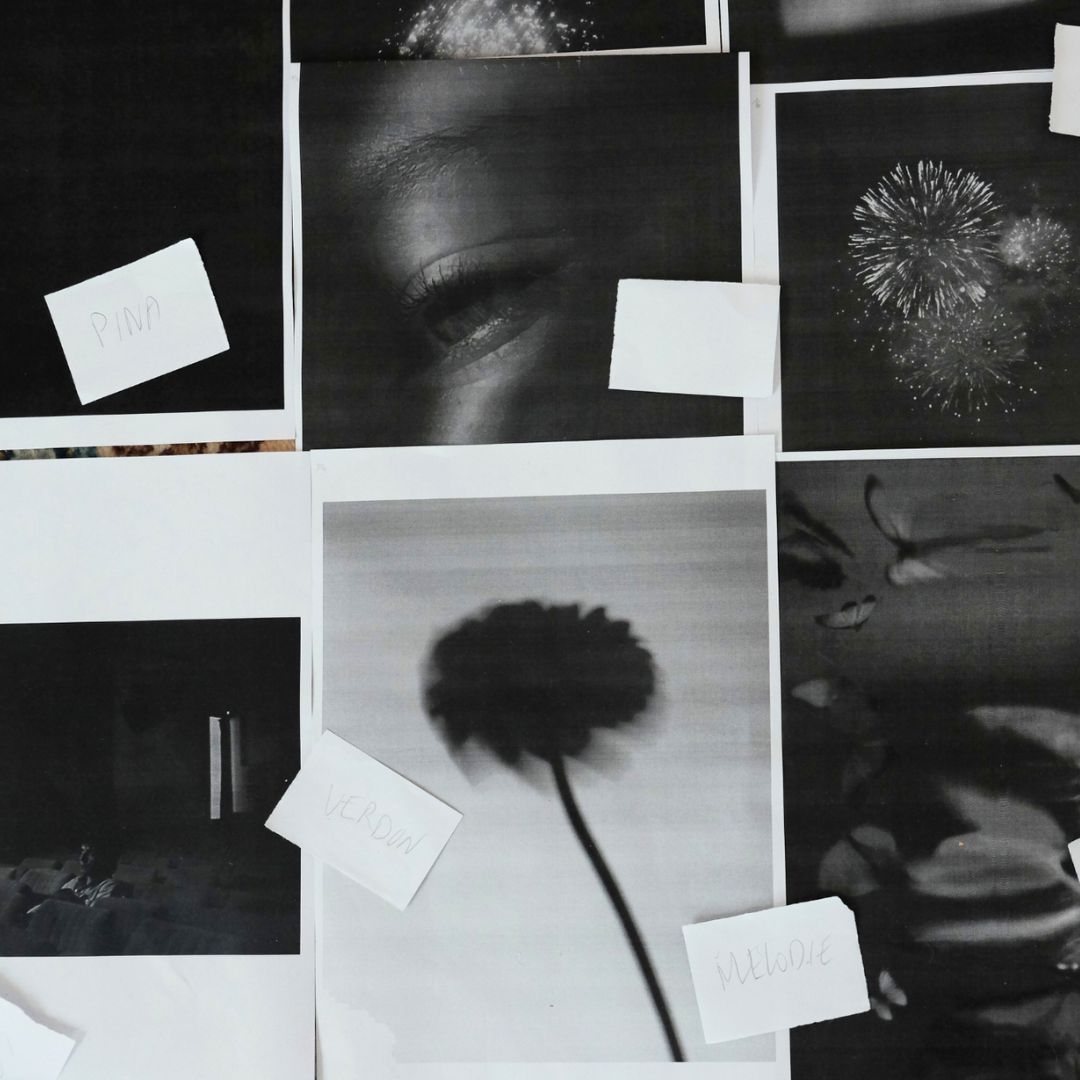
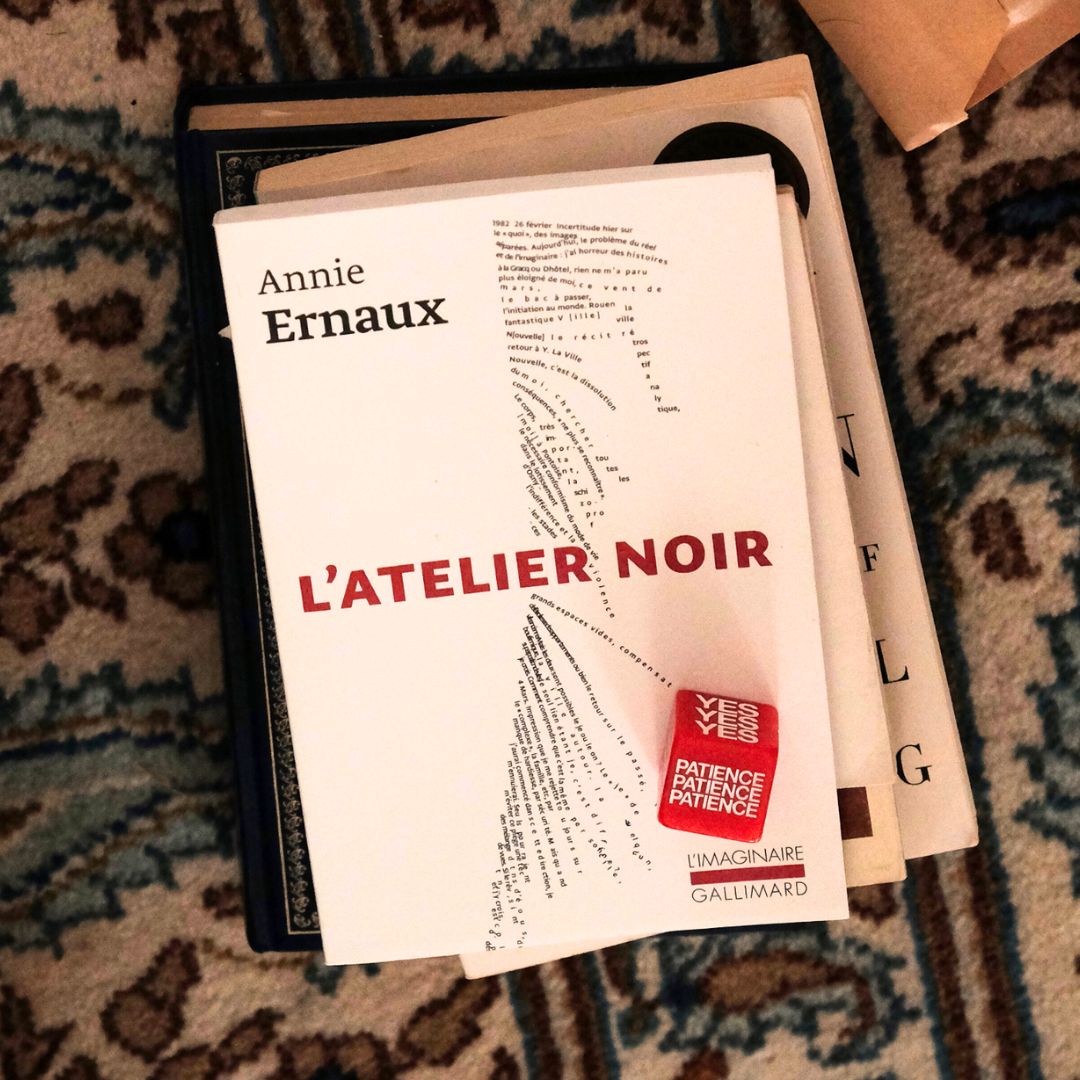
Marea: Sharing a residence with Clémentine, what did it mean to reside with another person?
Paco: I was very pleased to share this experience with Clementine because she is a great friend and a great writer. During the residency, we didn't talk much about our plans; ultimately, it was quite positive. In this first phase, we both wanted to keep them to ourselves.
But we talked a lot about the creation process. This was all very inspiring. We found many coincidences in our projects despite them taking very different forms. And yes, it's like a total energy around us that inspired us somehow. And also all the people we met. The time spent with Imma and Roberto was enriching, allowing you to escape simultaneously. It's important to step away from your plans and come back with new ideas. It's like I've put my mind at rest. This is very valuable.
Marea: How was this residency experience here in Praiano?
Paco: I would say magical, particularly magical.
